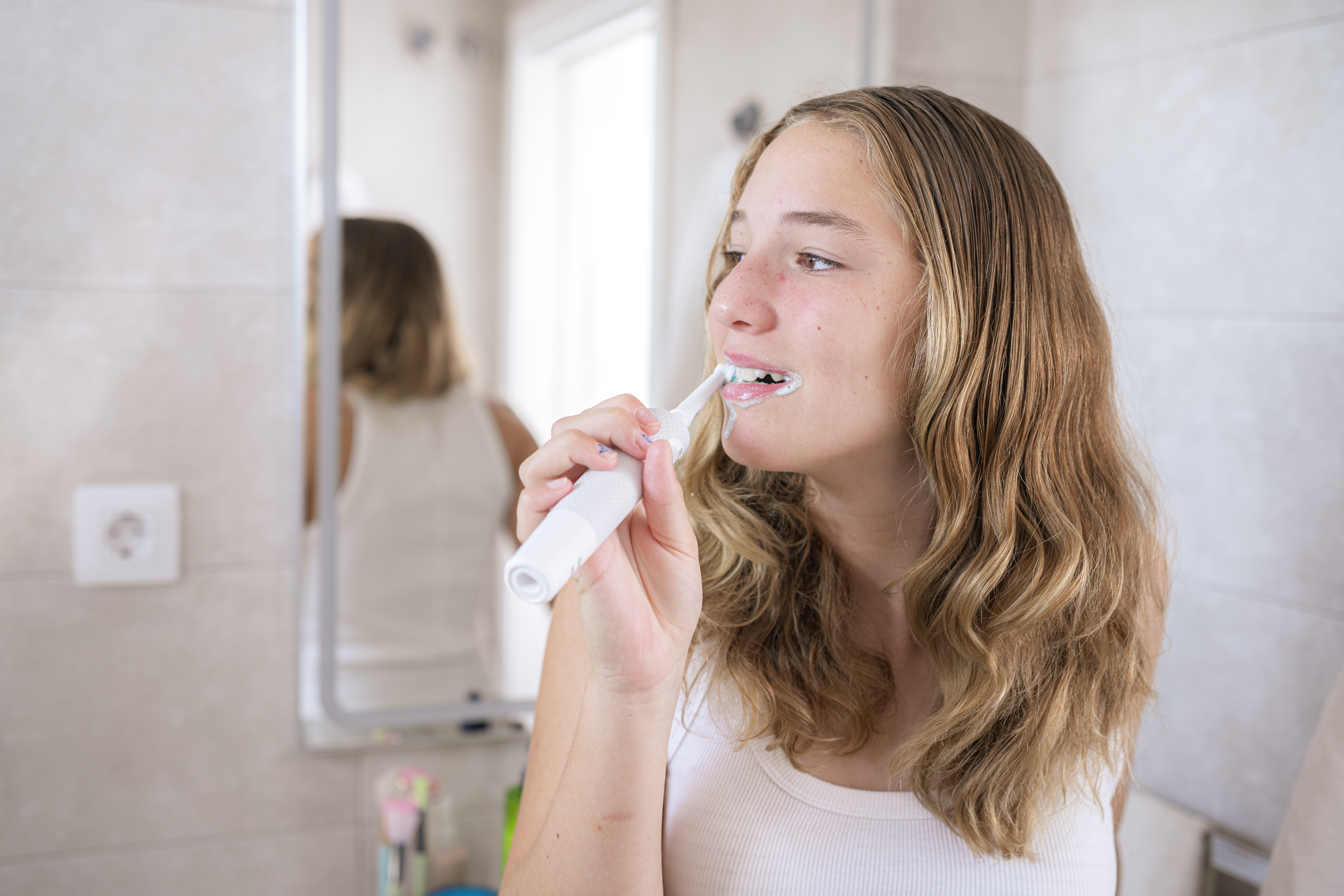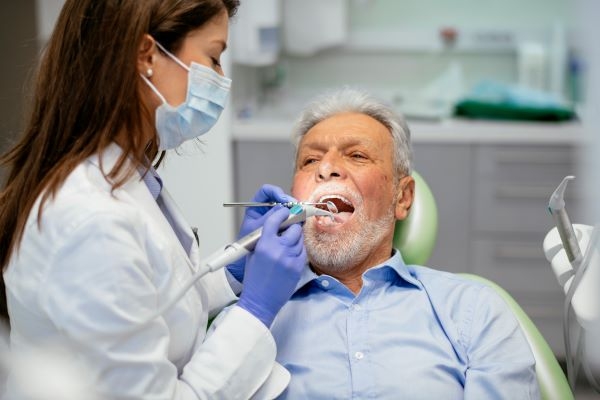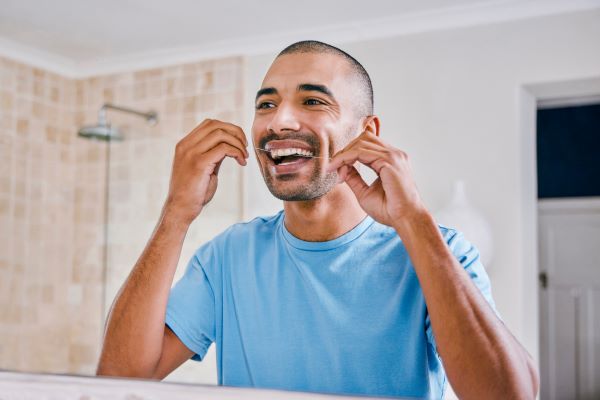-
Have you ever woken up the day after drinking unable to recall chunks of the night before? Does this happen every time you drink? We know that alcohol can cause memory loss, but what actually happens when you blackout?
What are memory blackouts, and why do you have them?
Alcohol is a depressant, and can impair brain function, including memory. Alcohol-induced blackouts are common side-effects of heavy or binge drinking, and happen when alcohol prevents neurotransmitters from imprinting memories from short-term memory to long-term memory. There are two different types of alcohol-induced memory loss, or blackouts:
- Partial blackouts: With a partial blackout, you may forget information or events from when you were alcohol-affected, for example conversations you had with friends or meeting someone new. But if people prompt you with clues, you’ll likely be able to recollect the lost information fairly quickly.
- Complete blackouts: Complete blackouts happen when you can’t recall information and events from long stretches of time, even when others try to fill in the blanks for you.
Who has blackouts?
It’s a common misconception that only alcoholics have memory blackouts. Blackouts can happen to anyone consuming alcohol, and they tend to get worse when you drink more.
It is widely held that binge drinkers are particularly susceptible to blackouts. A 2002 survey of college students found that 40% of those who had consumed alcohol recently had experienced a blackout within the preceding year.
Drink responsibly
If you drink alcohol, drinking in moderation is important for your health and will help to prevent alcohol-related blackouts. The following tips will help you drink safely and responsibly:
- Set yourself limits and stick to them
- Alternate between alcoholic and non-alcoholic drinks
- Drink slowly
- Try drinks with a lower alcohol content
- Have something to eat while or before you have an alcoholic drink
- Dilute your alcoholic drink by adding water or ice
If you think you, or someone you know might have a problem with alcohol, talk to your doctor, visit DrinkWise, or call your state/territory alcohol and drug helpline.
Why you blackout when you drink too much

-
Do you need an electric toothbrush?
Which toothbrush scrubs up best?
-
Dietitian, nutritionist or naturopath: What’s the difference?
Who should you see for professional dietary advice?
-
5 ways to eat healthy while travelling
Come home feeling refreshed, fit and energised.
-
How often should you get your teeth cleaned?
We spoke to Medibank Members’ Choice Advantage dentist Dr Jonathan Cichero to find out.
-
Daily habits for good oral health
Do you really need to floss? Is an electric toothbrush better than a manual one? Find out which habits to make (and which ones to break) for better oral health.
-
How to conquer your fear of the dentist
Dr Merrilyn Hooley's tips for a less stressful dental appointment.
Subscribe to receive the best from Live Better every week. Healthy recipes, exercise tips and activities, offers and promotions – everything to help you eat, move and feel better.
By clicking sign up I understand and agree to Medibank's privacy policy






